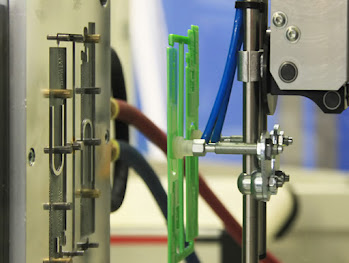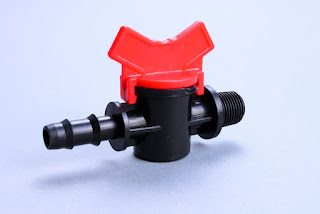What are the different steps of injection molding
Injection molding is a process that involves thermoformable materials, especially thermoplastics. It also takes into account technical ceramics and alloys. Injection molded parts are found in many industrial products such as household appliances, automobiles and many other everyday objects. But what are the main steps involved in the implementation of this process?
What is the purpose of the injection molding process?
injection molding solutions allows for the production of parts in large series and very quickly. This process is based on the use of plastics, elastomers as well as metals and alloys that have a low melting point. This is the case of zinc, aluminum alloys or brass. This process can also be used to shape technical ceramic parts. However, in this case, a slip with a material melting at a low temperature (kerosene or polyethylene) is required.

The characteristics of the mold
The molds of the injection molding machine are generally composed of two shells, one fixed end and one mobile end. These two parts compress during the molding process and separate so that the molded part can be ejected. In addition to these two shells, the mold may also have one or a multitude of cores that will help form the hollow parts of the part. They are also reserved to form the punches that will favor in turn the reservation of the openings in its walls. It is possible to integrate inserts into the mules that will then be included in the piece.
The process of designing the molds
Mould design is a very important step in plastic moulding manufacturers. It must be ensured that the parts will release easily and that the mold will be completely full before the material solidifies. There will naturally be heated and cooled parts. This gives the mold the thermal balance it needs for production. In order to avoid deformation, it is important to pay attention to the shape of the parts. In order to achieve optimal work, our plastics processing company uses simulation software. This allows us to provide you with quality articles delivered with a perfect finish.
Injection molding allows us to obtain parts with precise finishes. When it comes to the finish of the facade parts, everything depends on the quality of the mold.
The stages of injection molding
- Mould making: a mould must be made which will be composed of two parts (a fixed part and a mobile part). In this process, you must ensure that the mold facilitates the ejection of the parts.
- Setting up the mold: install the mold on a suitable device, i.e. the injection press.
- Laying out the materials in the mold: you need to lay out the granules in a hopper. These granules can be composed of various materials and a multitude of combinations.
- Heating and melting: the materials will be compressed by the combination of heat and pressure; they will take a homogeneous shape. The injection press is equipped with a screw with electric heating collars that allow the material to be dosed and heated properly.
- Injection of the material: After the material has become liquid, it is injected into the mold by means of a piston.
- Cooling and release of the part: when the material is injected, the hydraulic or electric plate of the tooling will keep it under pressure before leading it back to the cooling channels of the mold, once it has become solid again. After this operation, the part is ejected from the mold and the machine starts a new cycle.
Injection molding is a very delicate process. For quality work, entrust your plastic injection projects to our team. It doesn't matter if you live in France or in Belgium. We will put our expertise at your disposal to find fast, reliable and less expensive solutions.

Comments
Post a Comment